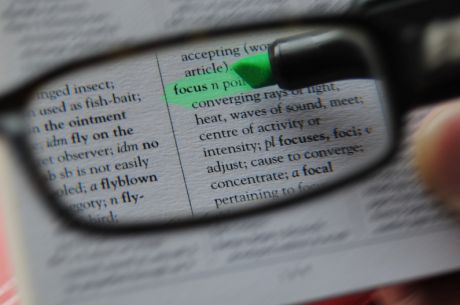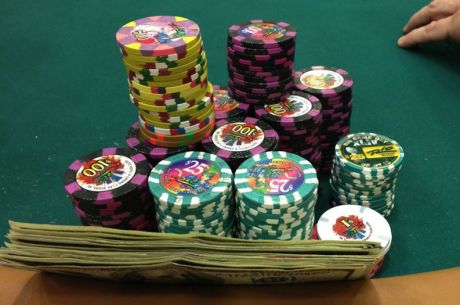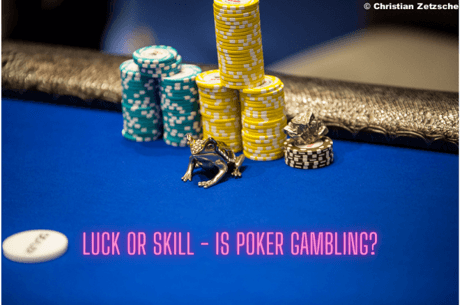Hypnosis for Improved Poker Performance: An Interview with Elliot Roe

How many times have you engaged in some sort of behavior, either at the table or away from it, that went against your best interests? Have you ever procrastinated when you planned to be working on your game? Have you ever used alcohol or drugs as a way to dull the pain? Is tilt a problem for you?
Let’s face it, everyone self-sabotages at least some of the time. In the short run, procrastinating feels good. We get to avoid something that we perceive to be overwhelming, boring, or unpleasant. Likewise, drugs and alcohol provide immediate relief from stress and anxiety. In the long run, however, these strategies are stop-gap measures and do not allow us to deal with underlying issues that keep us from performing at our highest levels.
What is a poker player to do when stress, anxiety, frustration, boredom and the like present themselves? I’d like to suggest that hypnosis is a useful methodology for dealing with these types of issues. Hypnosis has much in common with meditation which has been empirically shown to have positive effects on performers of all types.
To find out more about hypnosis, I conducted an interview with Elliot Roe, a certified hypnotist who has worked with over 170 poker players of all levels. Elliot has made it his mission to help poker players learn how to eradicate common self-sabotage issues like those listed above.
Dr. Tricia Cardner: Can you briefly explain what hypnosis is and how it can be used by poker players to improve performance?
Elliot Roe: Hypnosis is a natural state that can be used to help focus the mind and therefore improve performance at the table. The best way to think about hypnosis for poker is as a form of guided meditation where you actively work on improving your weaknesses at the table. Anyone who can mediate can be hypnotized.
TC: What types of problems can hypnosis address?
ER: Hypnosis can be used to improve any issue at the table that’s being caused by an irrational emotional response. This includes rage tilt, anxiety, shaking during hands, lack of motivation, lack of focus, and other forms of self-sabotage like procrastination and irrational thinking.
TC: Let’s take the mystery out of hypnosis for people. Isn’t it the case that everyone experiences trance-like hypnotic states on a regular basis?
ER: Yes, it’s the state between waking and sleeping in the morning. It also happens on the section of freeway that you can’t remember traveling because you were on autopilot while driving the car. We are all in this state many times a day and as a hypnotherapist it’s my job to help guide you there. At the end of the day, all hypnosis is self-hypnosis. By taking control of these natural trance-like states, players can learn to control emotional states and improve their mental game.
TC: How can players learn to put themselves into a hypnotic state so they can create better results at the table?
ER: I have created pregame warm-up MP3s to help prepare clients for their sessions. These help to relax and focus the player for success prior to sitting at the table. I also offer one-on-one hypnotherapy sessions that delve much deeper into the root causes of emotional issues at the table. They are more like a form of therapy than typical suggestion-based hypnosis.
TC: How would a player determine if he or she should try hypnosis?
ER: Any player who finds that they are playing in a suboptimal way without understanding why should consider hypnosis as a tool to improve their game. Tilt doesn’t always come from a player experiencing a rage. It could just as easily be a player who just feels uncomfortable at the table and who is finding that they are making poor plays in an attempt to change variance.
TC: Where can a player get more information about you specifically and hypnosis generally?
ER: They can visit my website to get more information. Also, they can sign up for a free tilt-busting mp3.
Thanks to Elliot Roe for taking the time to answer these questions. I feel confident that hypnosis is another tool that serious poker players can consider adding to their existing toolkit of mental skills.
Dr. Tricia Cardner is the author of Positive Poker with Jonathan Little, available in paperback, audio, and e-book formats via D&B Poker as well as through the PokerNews Book Section. Follow her on Twitter @DrTriciaCardner.
Get all the latest PokerNews updates on your social media outlets. Follow us on Twitter and find us on both Facebook and Google+!








